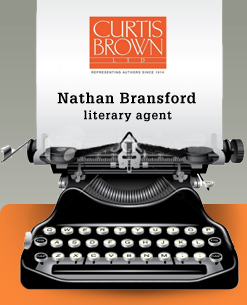Making the Case for IPad E-Book Prices
In the emerging world of e-books, many consumers assume it is only logical that publishers are saving vast amounts by not having to print or distribute paper books, leaving room to pass along those savings to their customers.
Publishers largely agree, which is why in negotiations with Apple, five of the six largest publishers of trade books have said they would price most digital editions of new fiction and nonfiction books from $12.99 to $14.99 on the forthcoming iPad tablet — significantly lower than the average $26 price for a hardcover book.
But publishers also say consumers exaggerate the savings and have developed unrealistic expectations about how low the prices of e-books can go. Yes, they say, printing costs may vanish, but a raft of expenses that apply to all books, like overhead, marketing and royalties, are still in effect.
All of which raises the question: Just how much does it actually cost to produce a printed book versus a digital one?
via New York Times







